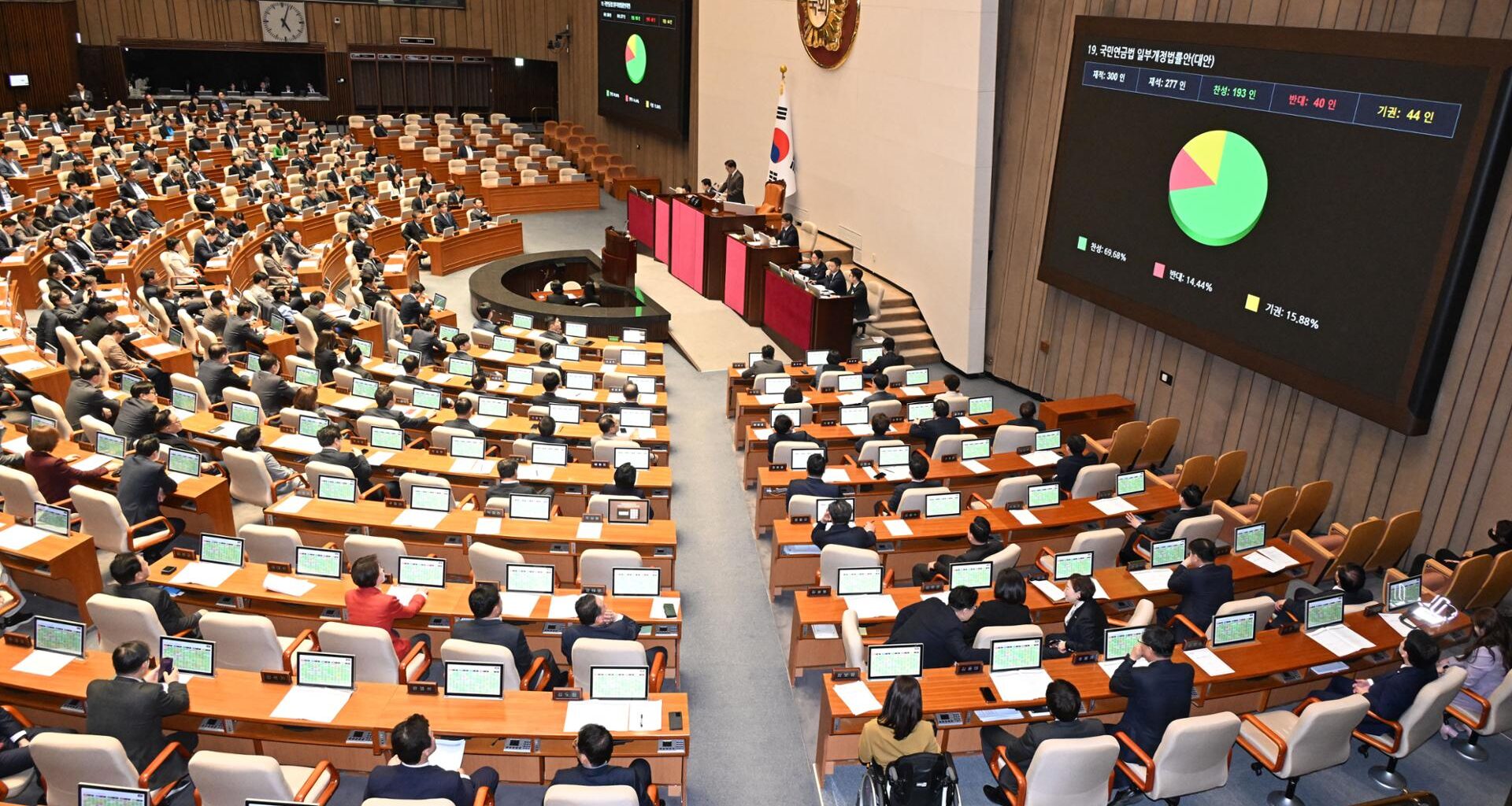More than half of Koreans distrust the national pension system, with most respondents viewing current contribution levels as burdensome and opposing planned premium increases, according to a survey released Wednesday by the Korea Employers Federation (KEF).
In the survey, 55.7 percent of respondents said they do not trust the National Pension Service, exceeding the 44.3 percent who said they do by 11.4 percentage points.
Distrust was particularly pronounced among younger generations, with 69.2 percent of respondents in their 20s and 74.7 percent in their 30s saying they do not trust the national pension system. Only those in their 50s and older showed higher levels of trust than distrust.
When asked about the financial burden of pension contributions, 69.7 percent said the payments were burdensome relative to their income, including 19.7 percent who found them “very burdensome” and 50 percent who said “somewhat burdensome.” Another 25.6 percent described the level as “moderate,” while just 4.7 percent said they felt no burden.
Regarding the pension reform plan that would raise the contribution rate by 0.5 percentage points each year until it reaches 13 percent, 73.4 percent of respondents viewed it negatively, while only 19.7 percent responded positively.
When asked about the potential fiscal impact of increasing the income replacement rate to 43 percent, 82.5 percent said they were “concerned,” compared with 17.5 percent who said they were not.
Under the revised National Pension Act, passed by the National Assembly in March through bipartisan agreement, the contribution rate will gradually increase from the current 9 percent to 13 percent by 2033, starting in 2026.
The nominal income replacement rate, which measures the ratio of pension benefits to pre-retirement income, will also rise from 41.5 percent this year to 43 percent in 2026.
The KEF said the survey results suggest that the reform plan, which raises benefit levels without introducing fiscal safeguards, has done little to ease public anxiety about the fund’s potential depletion.
As for the top priority in reforming the national pension system, 30.7 percent of respondents chose enhancing the fund’s long-term sustainability, followed by ensuring intergenerational fairness at 27.6 percent and securing adequate post-retirement income at 18.4 percent.
“Maintaining public trust is essential to sustaining momentum for pension reform,” KEF Executive Vice Chairman Lee Dong-geun said. “Rather than simply raising the income replacement rate, it’s more important to assure people that they will receive benefits in proportion to what they have paid in.”
The KEF commissioned Mono Research to conduct the survey, which collected responses from 1,007 adults aged 20 and older nationwide. The results carry a 95 percent confidence level with a margin of error of plus or minus 3.08 percentage points.

